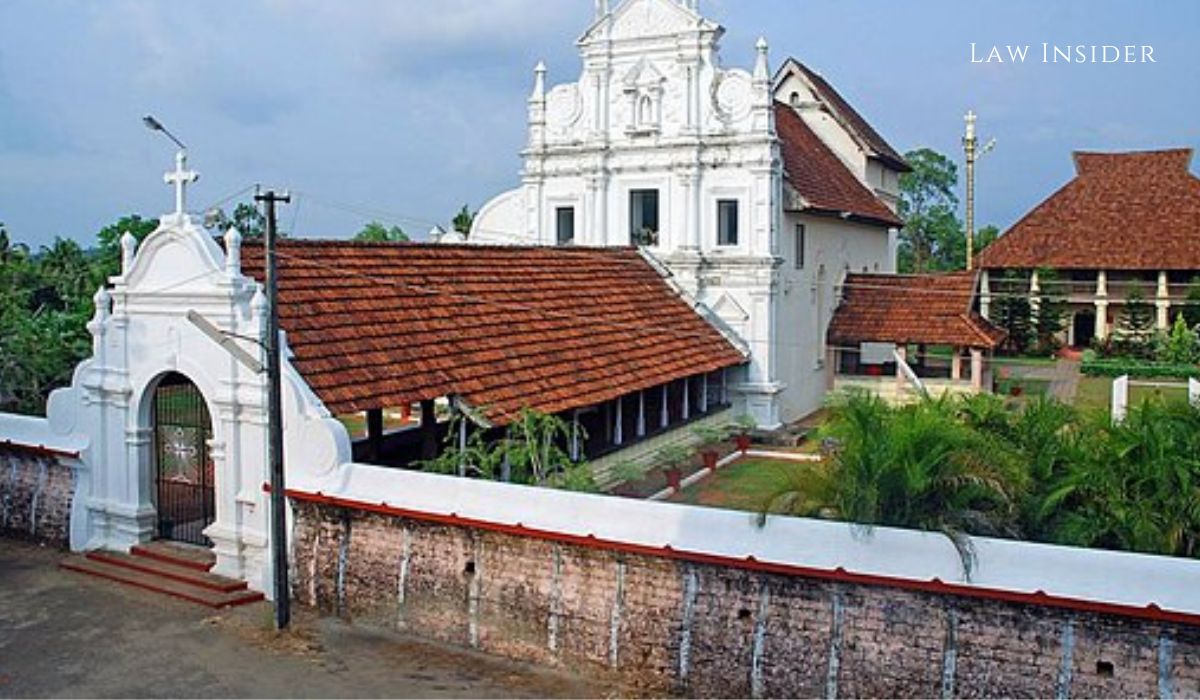Priya Gour
Published on: 17th August, 2022 at 21:38 IST
The Supreme Court division bench of Justices Dinesh Maheshwari and Krishna Murari was hearing an application by The Kerala Catholic Church Reformation Movement (a registered Catholic Association). The association had approached the Court against the Special Leave Petition of Catholic Diocese of Thamarassery and Eparchy of Bathery.
This SLP challenged the Kerala High Court’s 2021 judgement remarks. The court had refused to quash the criminal cases against Cardinal Mar George Alencherry over the sale of properties belonging to the Ernakulam-Angamalay Archdiocese.
The association stood in support of the Kerala High Court’s judgment, which held that bishops were not empowered to alienate the church assets and had limited powers, i.e., in religious and spiritual matters only.
The Association has submitted that any order which reverses the Kerala High Court judgement will “have a drastic and adverse effect on the entire Catholic community.”
It submits that there should be a democratic system of governance for managing the temporaries of the Catholic Church. In the absence of such legislation, the Catholic population is subjected to authoritarianism by the clergy, with the help of obsolete provisions of Canon law. The application said:
“The court had said that for spiritual matches, the clergy of the church can rely on the Canon law, but for the management of assets of the church, the law of the land is supreme.”
The application states that the court has made clear differences between the spiritual and temporal spheres. It was submitted that the bylaws are undemocratic since they are made by the clergy without any consultation with the parish.
“They are against basic principles of law and natural justice and empower the clergy to administer the assets and properties according to their whims and fancies.”
The Bombay Charitable Trust Act 1955, which was enacted in Maharashtra, was relied upon . It brought all religious establishments under its purview. In previous appeals, the Bombay high court and the Supreme Court both ruled that the canon laws were invalid.
The Canon Laws were properly implemented in the Syro Malabar Church only in 1992, and thereafter, they were implemented with a hidden agenda in order to subvert the democratic system.
For long, there has been a demand from the churches for a democratic system of governance for managing the temporalities of the church, the application mentioned.
A reference was made to the Church Act (The Kerala Christian Church Properties and Institutions Bill), which was proposed by the Law Reforms Commission headed by Justice VR Krishna Iyer in 2009, that said:
“Pressure tactics adopted by the Bishops and the Clergy, the government till date refused to present the Bill before the Assembly.”
The Law Commission headed by Justice KT Thomas reiterated a similar proposal for the Church Act, but the same has been given no effect.
“In the absence of such legislation, millions of Catholics in India are subjected to clergical authoritarianism based on some obsolete provision of the Code of Canon Law.”
The counsel submitted that the Kerala High Court judgement, from paragraphs 42 to 48, poses a question as to whether the lands mentioned belong to the government or not.
After dismissing the original plea, the Kerala High Court had passed three orders which had the Central government as a party and directed a CBI enquiry into the matter. The counsel submitted that orders are being passed on the matter even after its disposal.
The Court has adjourned the matter for hearing to September 7.

